The importance of following the Scouting activities to form a good character for them.
Learning Scout can actually be recognized from the beginning of elementary school entry. The shape of the activity is different for each level. First-grade primary schools sing more and play activities.
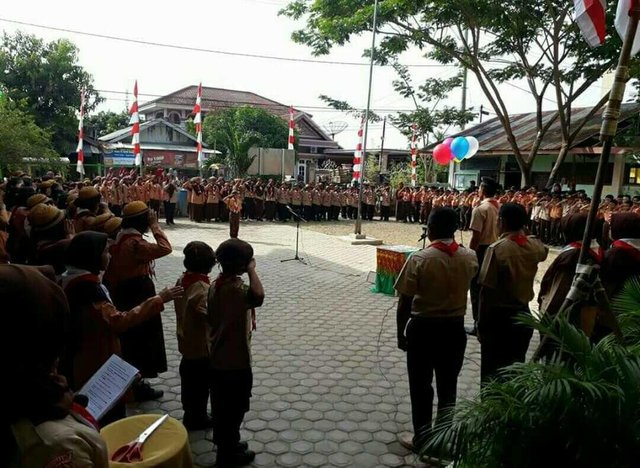
Unlike the children who sit in bench grade 3 or 4 who have started to do activities that are heavier than before.
Scout level is divided by age group, Scout Movement Member consists of Young Member and Adult Member.
Young Members are Student Scout Movement divided into groups:
Standby Groups are members aged 7 - 10 years
The Penggalang Group is a member aged 11-15 years
Enforcement Groups are members aged 16-20 years
Pandega Group is a member aged 21-25 years
Members over the age of 25 are adults.
Thus Scouting activities can be accepted by children when he enters primary school. Parents are expected to provide support to their children to be interested in Scouting activities so that children will be able to benefit from following the activity.
Benefits of Following Scouting Activities
Actually there are many things that can be obtained when children follow Scout activities. Almost everything he learned in Scouting can be practiced in everyday activities, such as making things used (milk cartons, milk cans or soap wrappers), cooking, preparing and tidying up personal items.
He also learned to survive while living in the open by making tents, making wood fire, feeding with emergency materials, not relying on electricity, away from the crowds and hard to find any needs. In such an atmosphere he is trained to survive.
Lots of benefits he gained by following the Scout activities. What are the advantages of following the Scouting activity from an early age?
1. Discipline
When children attend Scouting activities, the most basic lesson is the formation of a child's character. He will be trained to prepare and do anything on his own without the help of parents. He will also be trained to be on time like waking up, bathing, eating, studying or other activities.
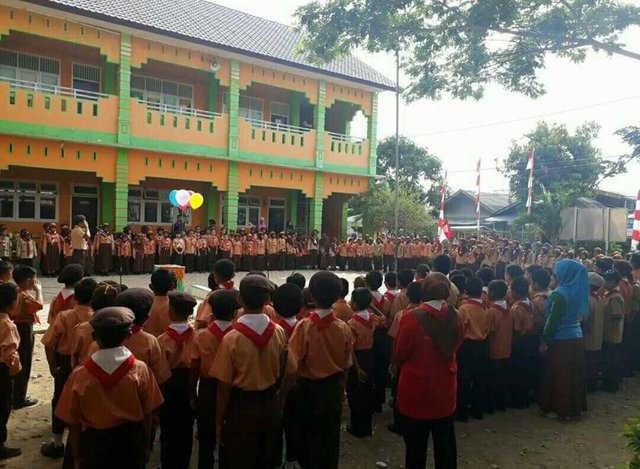
Children trained in discipline since childhood will be accustomed to discipline so it will be a good habit that is carried to adulthood and can work with satisfactory results due to discipline.
2. Responsibility
When following Scouting activities, the child will be asked to be able to make decisions in any case and be responsible for the decision.
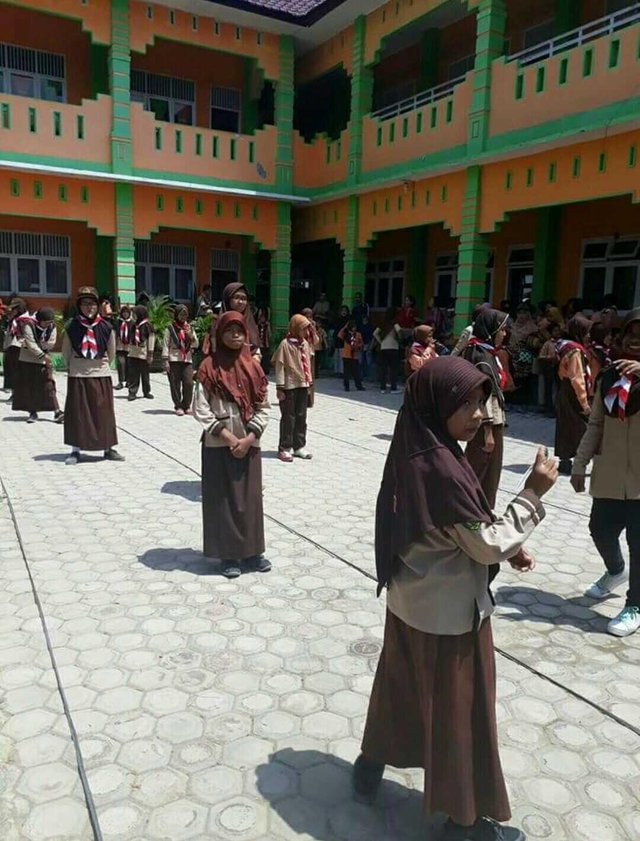
In Scout activities, he must be responsible while doing his job. For example when making a tent they should be responsible for the security of the tent.
At the time of cooking, he must be responsible to others who enjoy the food. While camping he also studied responsibility with his own equipment.
3. Independent
Many children are used to help parents or housekeepers to take care of themselves. But by following Scout activities he will learn to take care of his own needs.

With independent learning will shape the child's character to be better than those who are accustomed to be served.
4. Communicate
When following a Boy Scout activity the child will be asked to connect with his or her friends, either team with him or a different team.
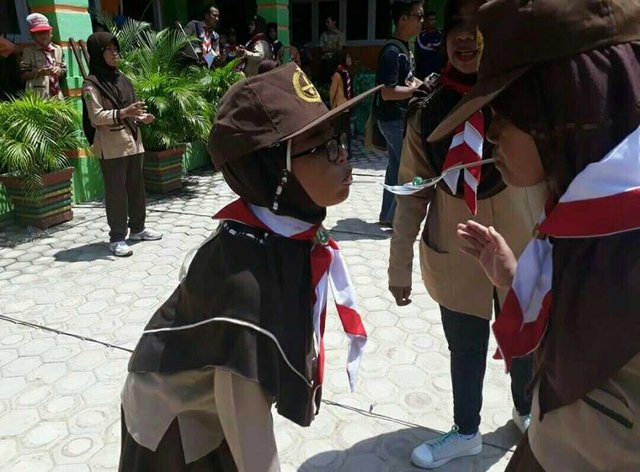
The activities at Scout are mostly done in groups so they train them to communicate with their friends. With this activity, formerly shy or quiet children may become more courageous to talk to others.
Learning Scout can actually be recognized from the beginning of elementary school entry. The shape of the activity is different for each level. First-grade primary schools sing more and play activities.
5. Creative
Many activities exist in Scouts that require children to use their creativity.
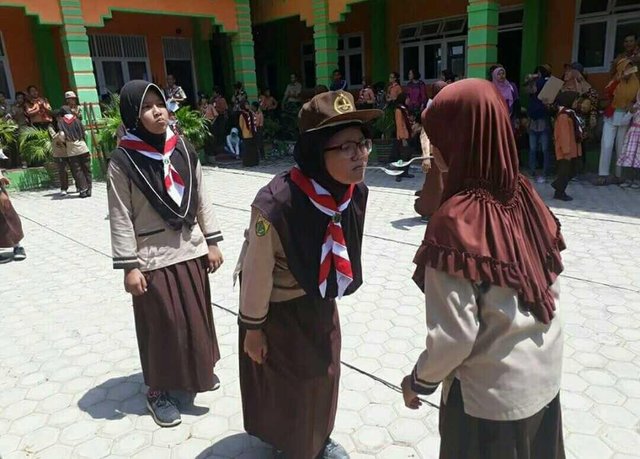
Many activities that make children have to complete their tasks by using their brilliant ideas. Thus their creativity is more honed.
6. Leadership
In Scout activities, every child will have the opportunity to lead his own team. When you get a chance the child will learn about the style of leadership so that when entering adulthood the child can be a leader, both workplace, organization, and when married.
7. Loving nature
Many Scouting activities are performed outdoors or in the wild. This activity requires children to interact with nature, so indirectly will teach them to love nature and preserve the environment.
8. Ability to Survive
In Scout activities children will be taught a variety of passcodes, how to tie a knot, make a tent, cook with makeshift equipment, first aid, and other skills that will be useful for survival in emergency situations
That is the importance of following the Scouting activities, which will shape good characters for them as adults.